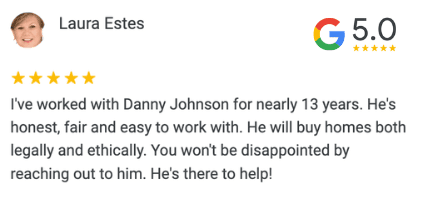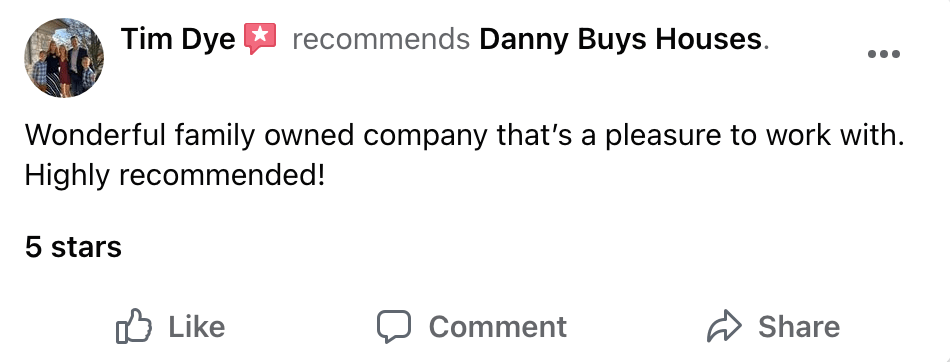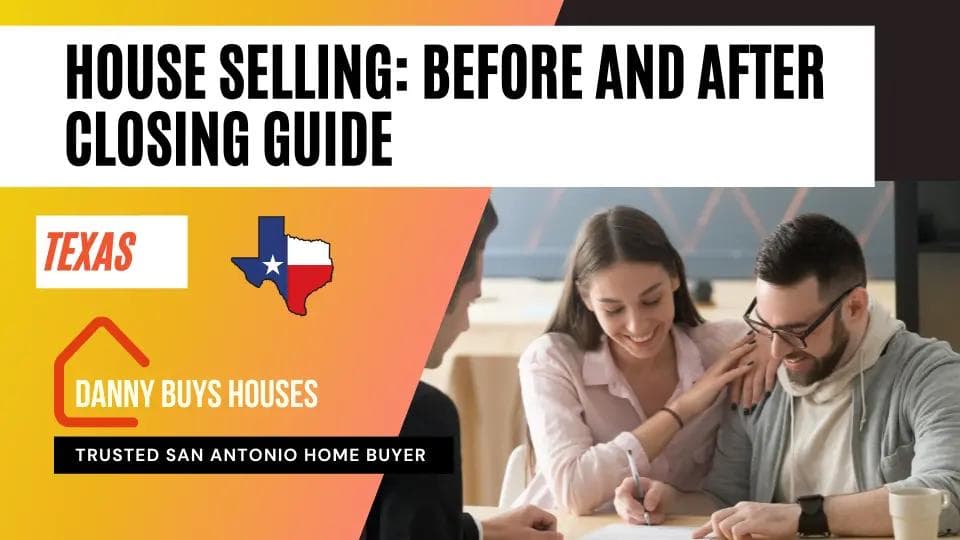
House Selling: Before and After Closing Guide
By Danny Johnson | Updated 3/30/2025, 4:06:28 PM
Navigate the closing process with confidence! Our comprehensive guide offers a checklist for sellers to prepare before, during, and after closing day.
- Key Takeaways
- What to Do Before and After Closing When You Sell Your House
- Essential Documents to Gather
- Final Walkthrough Preparation
- Post-Closing Tasks and Requirements
- Transfer of Utilities and Services
- Understanding Closing Costs and Financial Obligations
- Sell Your House Fast For Cash - Get An Offer From Danny Buys Houses
🗂 Table of Contents
Selling a house is like going on an emotional rollercoaster. I remember my first home sale - it was both exciting and nerve-wracking. But with the right help, it can be very rewarding. That's why I'm here to guide you through the closing process and more.
Are you ready to move on to this new chapter? Whether you're looking to grow, shrink, or just change, selling your home is a big step. We'll cover staging, closing costs, and more to help you feel confident in the real estate market.
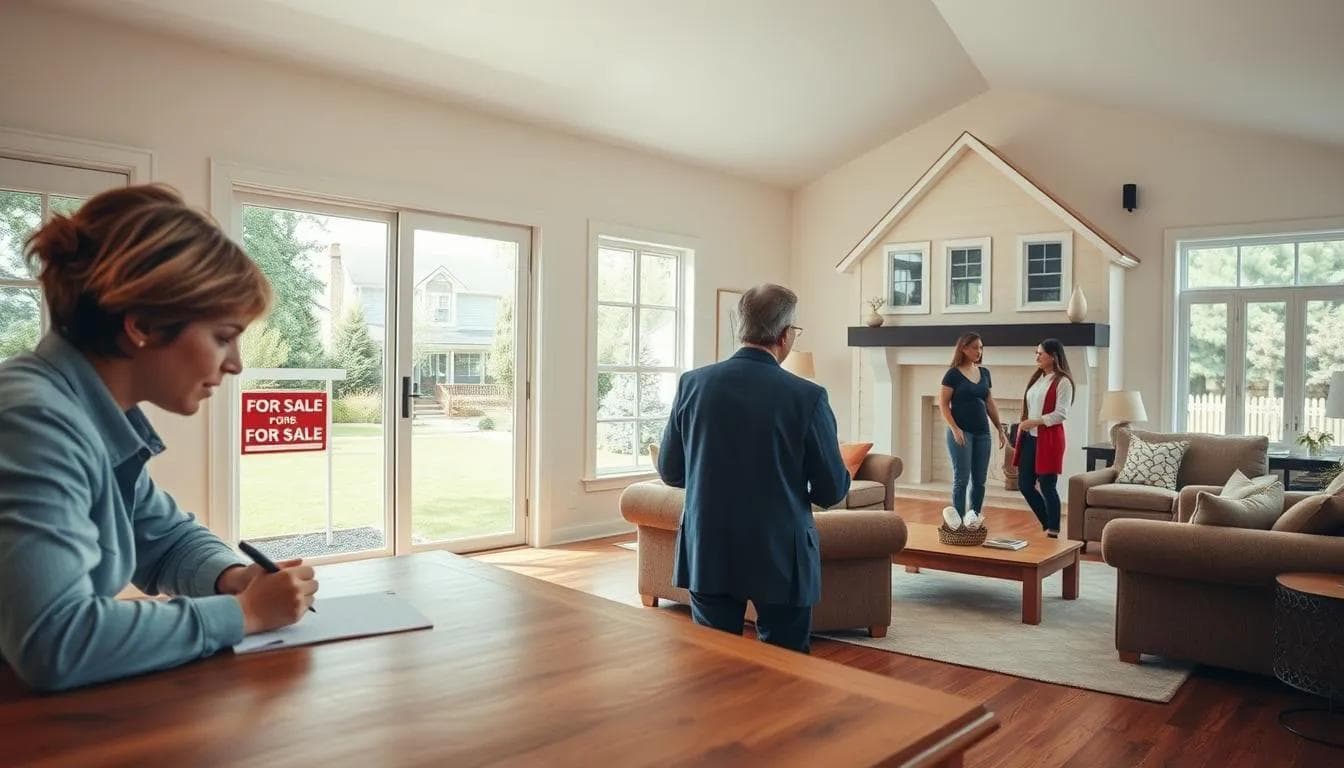
Did you know homes with professional photos sell 31% faster? Or that 85% of buyers are willing to pay more for a well-staged home? These facts can greatly impact your sale. So, let's get started and help you sell your home quickly and successfully!
Key Takeaways
- Proper home preparation can significantly impact your sale price and time on market
- Accurate pricing is crucial for attracting buyers and maximizing profits
- High-quality visuals and 3D tours can give your listing a competitive edge
- The closing process typically takes 30-45 days after offer acceptance
- Understanding closing costs and financial obligations is essential for a smooth transaction
What to Do Before and After Closing When You Sell Your House
Selling your house is more than just finding a buyer. It's a detailed process that needs careful planning and action. Let's look at the main steps to make sure your sale goes smoothly from start to finish.
Essential Documents to Gather
Before closing day, you'll need to gather important papers. You'll need your mortgage payoff info, property deed, and bank details for the sale money. Don't forget your state ID! Having these ready can save you stress and time.
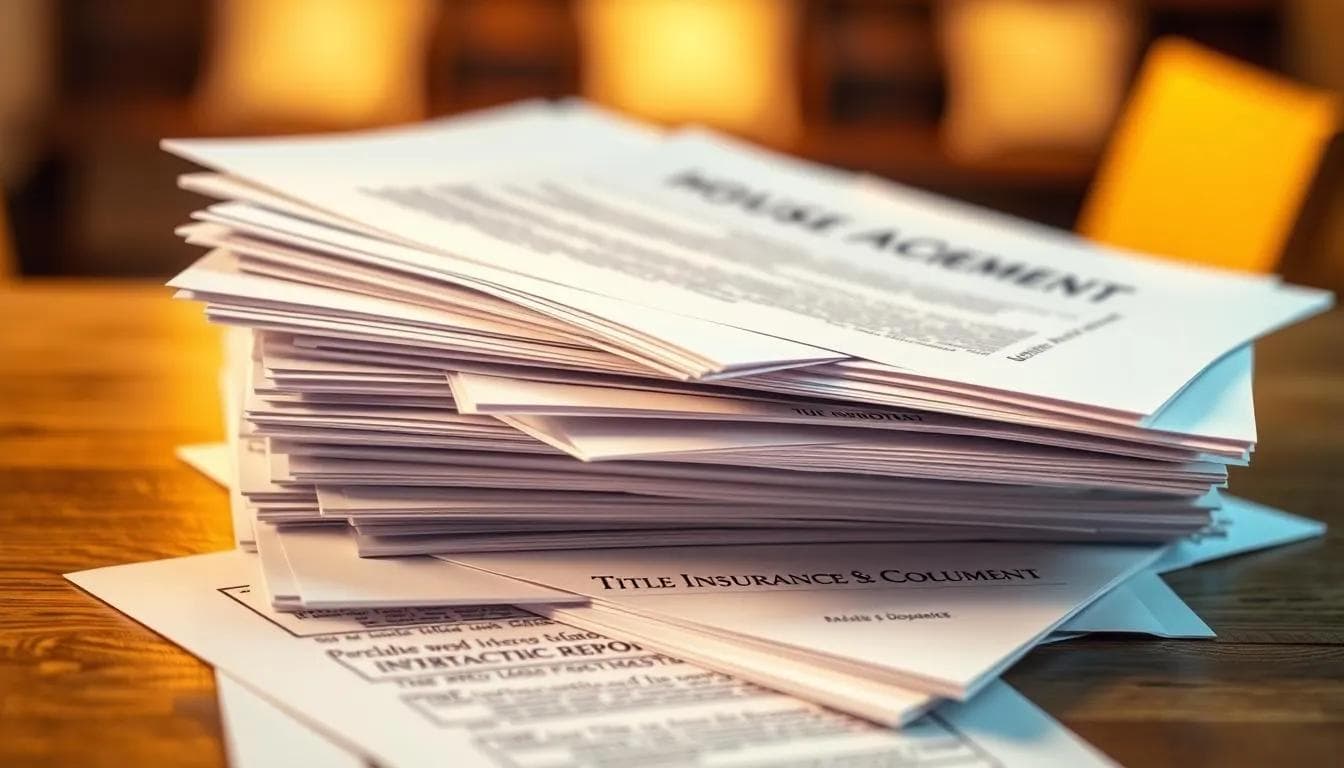
Final Walkthrough Preparation
About 80% of buyers do a final walkthrough before closing. Make sure your home is in the agreed-upon condition. Finish any agreed repairs and leave the house clean. This is key to avoid last-minute problems.
Post-Closing Tasks and Requirements
After the sale, you'll have to do some important tasks. You'll need to pay off your mortgage and any liens on the property. You might also need to handle tax issues. Remember, there are tax exemptions for selling your primary home. Singles can exempt up to $250,000, and married couples filing jointly can exempt up to $500,000.
Transfer of Utilities and Services
Don't forget to transfer or cancel your utilities and services. This includes electricity, water, gas, internet, and home insurance. Tell these providers when you'll be moving out to help the new owners.
Selling a house is a big step. If you're feeling overwhelmed, ask your real estate agent or lawyer for help. They're there to guide you through this exciting change!
Understanding Closing Costs and Financial Obligations
When it's time to sell your home, knowing the financial side is key. Closing costs can be different depending on where you live. They usually range from 6% to 10% of your home's sale price.
In Florida, for example, closing costs are about 2.3% of a home's value. For a home priced at $409,400, you'll pay around $9,416 in closing costs. These costs are important for closing your sale, but they can surprise you if you're not ready.

Real estate agent commissions are a big part of closing costs. These fees are about 6% of your home's selling price, split between the agents. On a $350,000 home, that's $21,000 in commissions!
Other costs include:
- Title insurance
- Escrow account fees
- Transfer taxes
- Prorated property taxes
Working with an agent can help you understand these costs. They can explain what to expect and help you through the final steps. There's a lot of paperwork, so ask your agent for help when it's time to sign.
Remember to cancel your homeowners insurance after closing. In Florida, where lawsuits are common, this is very important. Also, if you're buying a new home, closing costs for buyers are usually 3% to 5% of the loan amount.
Knowing these costs can help you avoid surprises and make the transition to your new home smoother. For more information on seller closing costs, check out this guide on Bankrate.com.
Sell Your House Fast For Cash - Get An Offer From Danny Buys Houses
Are you tired of waiting to sell your home? Danny Buys Houses has a quick solution. We buy homes as-is, so you don't need to fix them up or stage them. Say goodbye to open houses and picky buyers. Our method is stress-free.
Our offer is fast and safe. Traditional sales can take months, but we can close in just 7-14 days. This is great if you need to move quickly or want to sell now. You also won't lose money to agent fees.
Danny Buys Houses knows every situation is different. We help with financial troubles, inherited homes, or just wanting to move on. We make fair offers based on your home's value. Get a no-obligation cash offer in 24 hours. It's free, fast, and could make selling your home easy.
Selling your home doesn't have to be hard. With Danny Buys Houses, you can avoid the stress of traditional sales. Let's talk about how we can help you sell your house fast for cash.
Frequently Asked Questions
In this section we will answer the most common questions to house selling closing guide
What documents are typically required at the closing of a home sale?
At closing, sellers usually need to provide the deed, recent utility bills, property tax information, homeowners insurance paperwork, the settlement statement (HUD-1 or Closing Disclosure), any existing mortgage payoff information, and personal identification.
How does owner-occupancy affect the sale of a home?
Owner-occupancy can influence buyer interest and financing options. Homes previously occupied by owners often appeal more to buyers due to perceived better maintenance. Additionally, some lenders may offer favorable terms for properties that will continue as primary residences.
What role does a mortgage loan payoff play during closing?
The mortgage loan payoff is crucial as it ensures that any outstanding balance on the sellers current mortgage is settled using proceeds from the sale. The lender provides a payoff statement detailing the exact amount needed to close out the loan.The mortgage loan payoff is crucial as it ensures that any outstanding balance on the sellers current mortgage is settled using proceeds from the sale. The lender provides a payoff statement detailing the exact amount needed to close out the loan.
When should sellers notify their lender about an upcoming home sale?
Sellers should inform their lender once they decide to sell their home or at least when they receive an offer. This helps facilitate obtaining necessary payoff figures and ensures there are no surprises regarding prepayment penalties or other fees.
How can sellers prepare financially for closing costs associated with selling their home?
Sellers should budget for various potential expenses like real estate agent commissions (typically 5-6% of the sale price), attorney fees if applicable, prorated property taxes, transfer taxes or recording fees, and any agreed-upon repairs from inspection negotiations.

AUTHOR
Danny Johnson
Owner and Founder at Danny Buys Houses
Danny Johnson is an experienced real estate investor who has been buying houses for cash since 2003. As owner of Danny Buys Houses, Danny's goal is to help homeowners sell their house fast, regardless of the situation, so they can move on with their life.
Danny has been featured in publications such as Forbes, Realtor.com, BiggerPockets, Yahoo Finance, US News, and more. He is also the author of the book 'Flipping Houses Exposed'.


